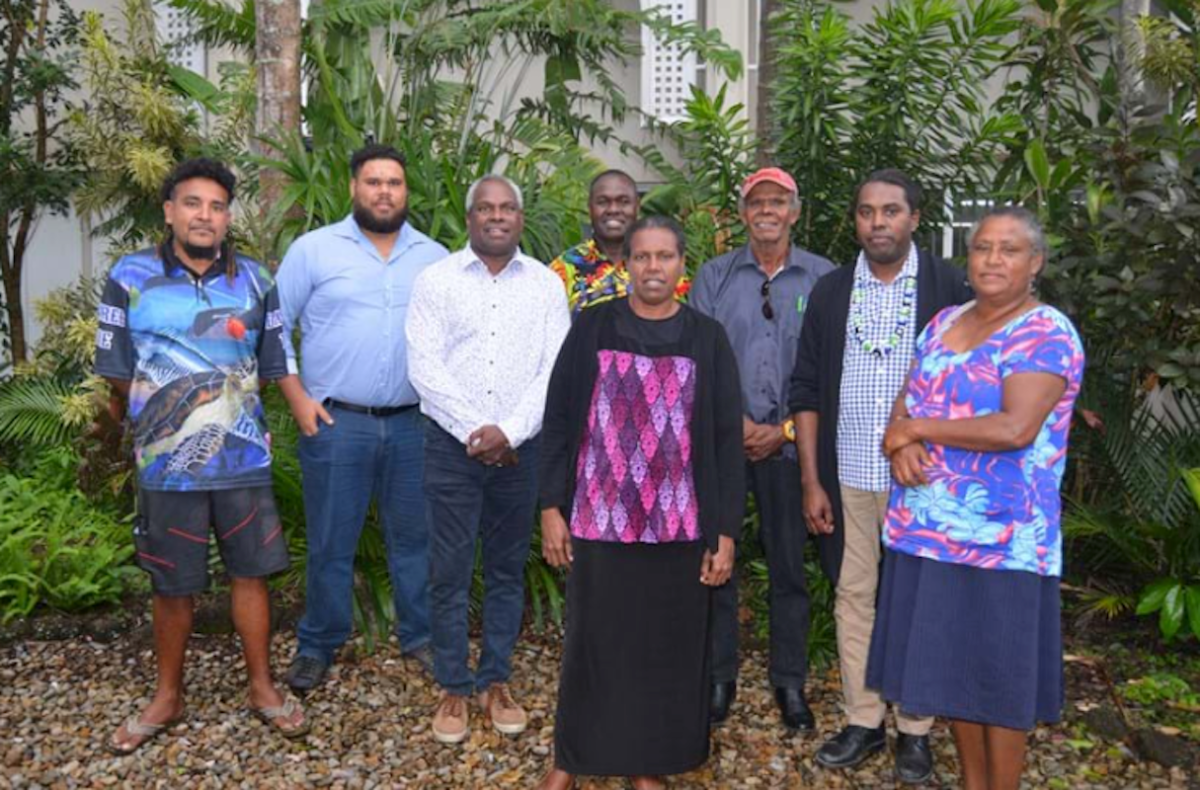In 2019 a group of Torres Strait Islander people lodged a complaint with the UN High Commissioner for Refugees (UNHCR) against the government of the day, the Morrison government.
The complaint alleged the government failed to adequately protect them from, and violated their rights, by failing to act on the climate crisis.
Now, the UN body has handed down a landmark decision that the Australian government should compensate them.
The decision found the government had “violated their rights to enjoy their culture and be free from arbitrary interferences with their private life, family and home”.
The indigenous people from Boigu, Poruma, Warraber and Masig islands have seen sea levels rise, beaches disappear, and most distressingly, the remains of some of their ancestors are either underwater, or have been washed back over the land.
It’s argued Australia’s emissions reduction efforts were inadequate, and that insufficient funding was provided to build sea walls or coastal defence structure.
“We used to have a lot of birds on this island.
Like the black and white pelican, the black and white booby bird, and others.
They don’t nest here anymore, and this is a sign that something is, you know, definitely is not right.
We used to have lagoons rich with seafood. At low tide, women could easily fish in their lagoons, whilst their children learned to swim with their big brothers and sisters, and grandmothers babysat the smallest kids.
Now. It’s a desert out there. The lagoons have gone, filled with sand, and empty of life.”
Explained Yessie Mosby, in a case-study from the UN.
The case was supported by non-profit legal firm Client Earth. Lawyers say this was the first climate change litigation, based on human rights law, brought against the Australian government.
Hélène Tigroudja is a member of the UNHCR committee, she said the case “created a pathway for individuals to assert claims where national systems have failed to take appropriate measures to protect those most vulnerable to the negative impacts of climate change on the enjoyment of their human rights”.
It recognises the clear and present threat climate change is having on many regions of the world. This is no longer a future-problem, the impacts are real, and they’re displacing communities, and eroding their customs and traditional ways of life.
While the UNHCR has no enforcement powers, its findings carry significant weight based on norms of human rights law. It also sets a precedent, and increases the likelihood of further litigation being brought against national governments.
“This morning when I woke up on Masig, I saw that the sky was full of frigate birds. In my culture, we take this as a sign from my ancestors that we would be hearing good news very soon about this case.” Says Yessie Mosby.
“I know that our ancestors are rejoicing knowing that Torres Strait Islander voices are being heard throughout the world through this landmark case. Climate change affects our way of life everyday. This win gives us hope that we can protect our island homes, culture and traditions for our kids and future generations to come.”

